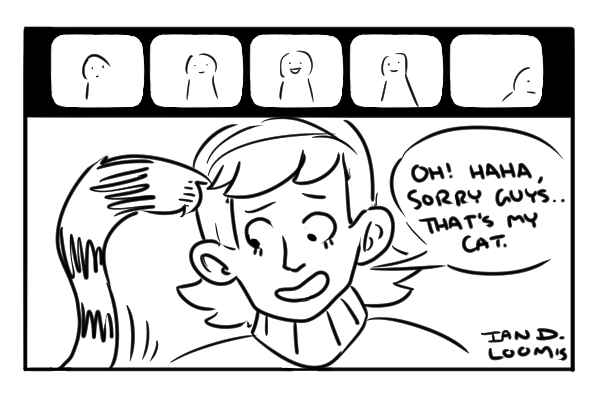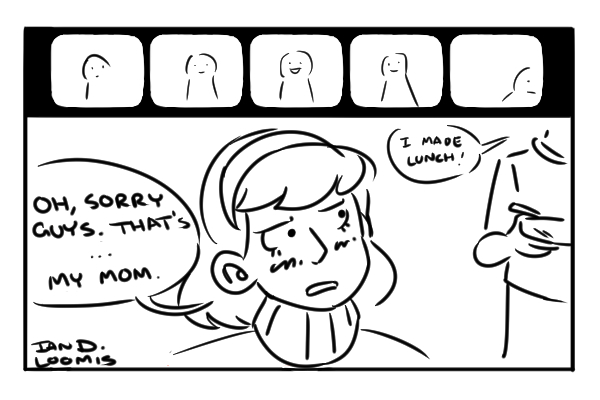by RACHEL RABIDEAU
Staff Writer
Due to COVID-19, many students that had previously been living in dorms were forced to move back home without much notice. In this extreme example, students leaped from a life without their family to quarantine, spending every waking minute together.
When I first started college, I envisioned a life for myself where I wouldn’t be moving back in with my parents. Living in a dorm and being a live-in nanny until I got my own apartment, I firmly believed we had officially gone our separate ways — until COVID hit.
A little distance between yourself and your parents can improve your relationship, and can even make you miss being so close. On the other hand, finally getting out of the house leads to a new chapter in a lot of students’ lives.


After the dorms were shut down, I was forced to move back in with my parents. It felt okay for a while, likely because it was what everyone had to do. When my friends began finding alternate living situations, I began to feel like a little kid living at home again. My roommate’s parents bought her a house. Many of my friends found dorms for the fall semester of 2020 or signed leases. I, on the other hand, decided against going to MSU and made myself comfy at home so I could attend WCC that fall. It felt like a step back.
Why does it feel weird to live with your parents as a young adult?
American culture often treats moving back home as a final resort after failing to be independent in the outside world. Our culture rushes its youth to adulthood.
Telling your peers that you live in an apartment with roommates versus living with your parents instigates two very different reactions. Impressed by you getting your own place, young people will often follow up with a million different questions about your new house. When told you’re living with your parents, others will often skirt around the topic by saying that that’s the “smart thing to do,” and changing the subject.
So why don’t we want to address this arguably wise decision?
There are a lot of stereotypes that have attached themselves to the idea of moving back home. Words like “lazy” or “mooching” are often associated with those that are living at home. These are often misinterpretations of the truth. Is it really mooching off of your parents when you stay in the same room you’ve always stayed in, eating the same foods, and doing the same chores? Of course, some earn the stereotypes given to them when they don’t chip in and really are just looking for a free ride. But if you have an honest conversation with your parents about what the expectations are, such labels should not be feared.
I felt left behind by my peers until MSU went virtual. Then I admittedly felt a little smug about how much money I was saving. Because I wasn’t having to pay rent, I was able to buy the puppy I had been dreaming about my whole life. Because I was staying so busy with school and work, I never felt sick of being around my parents, and we actually had to start being intentional about how we could spend time together. I even got to discover my newfound passion for cooking.
Living at home, even after first moving out, has helped me discover a new part of who I am and what I love. There are so many doors that were opened when I decided to move back in. My love for my family has only gotten stronger, and my relationship with my parents has evolved from one of a little kid to that of a young adult.


